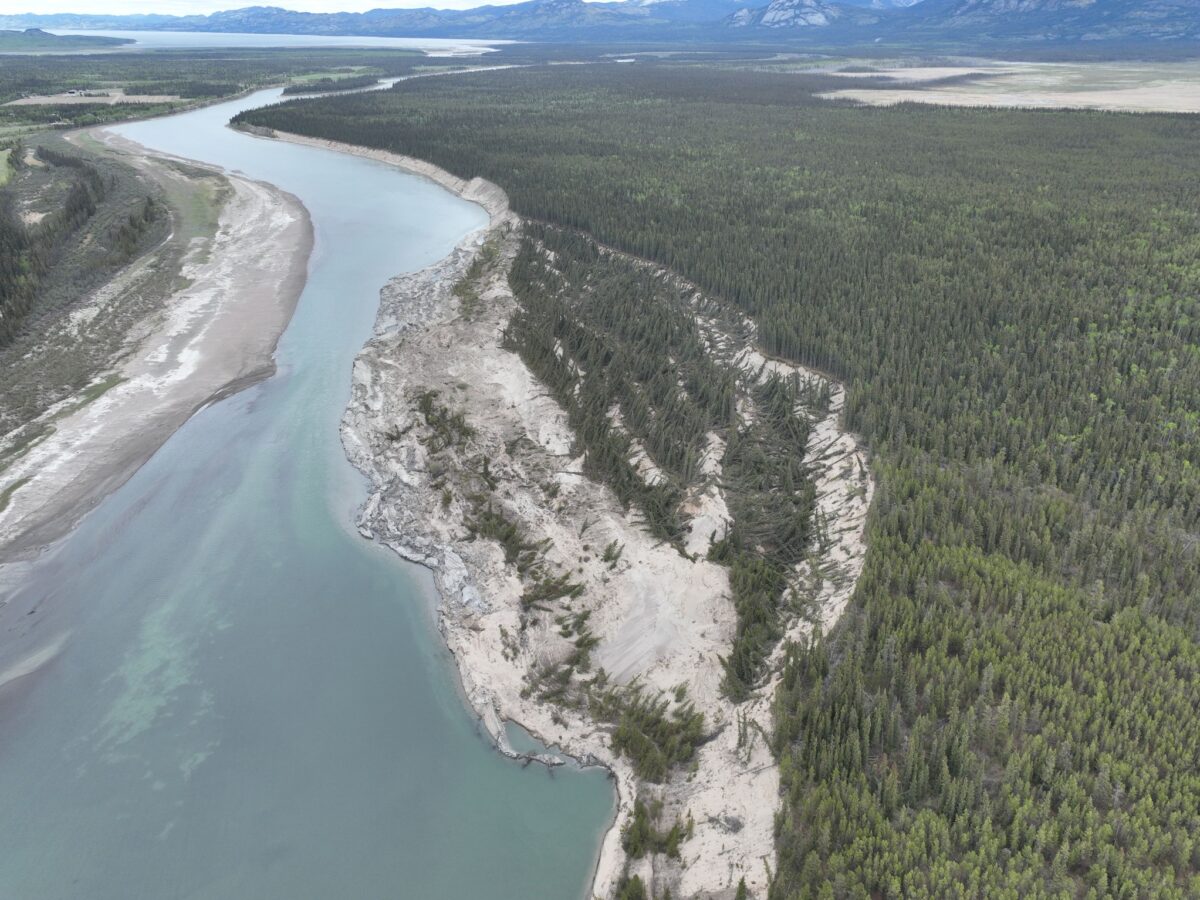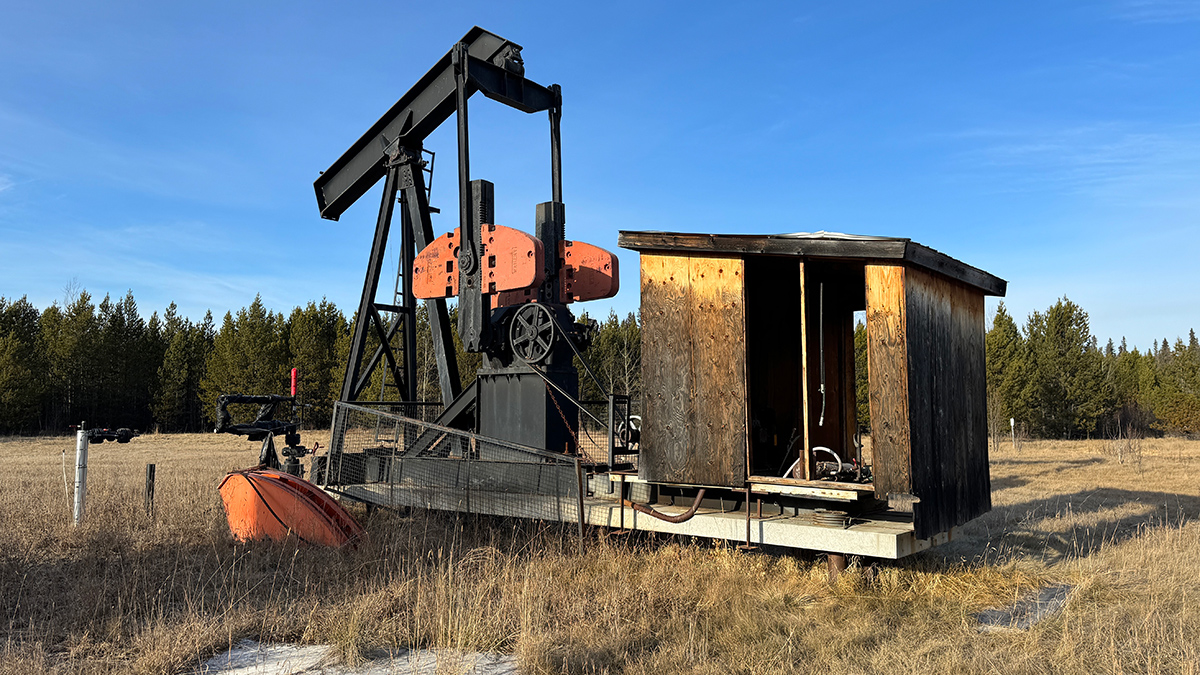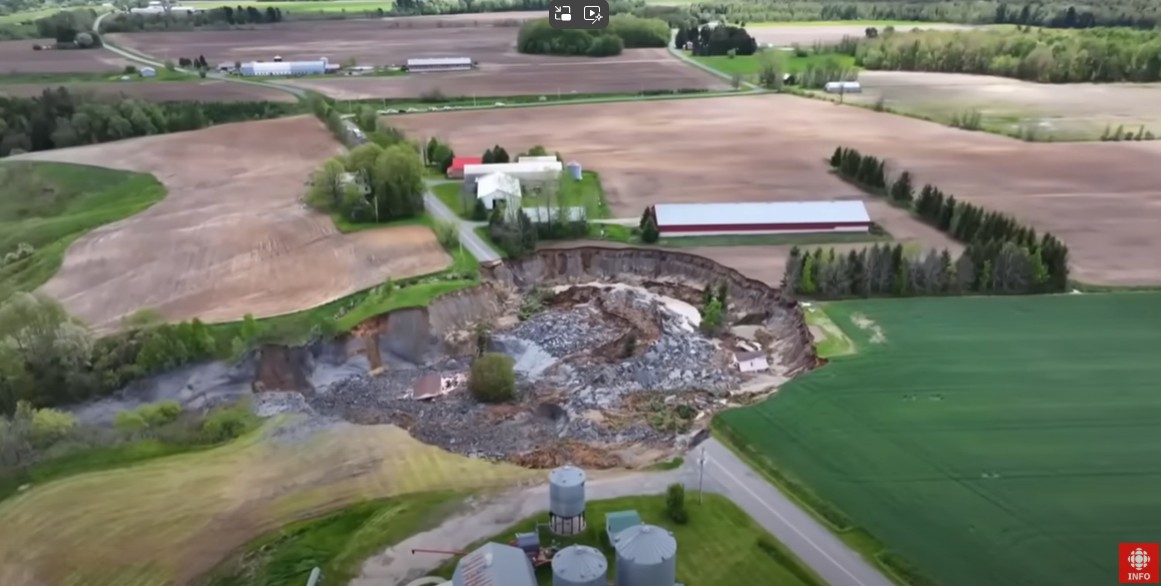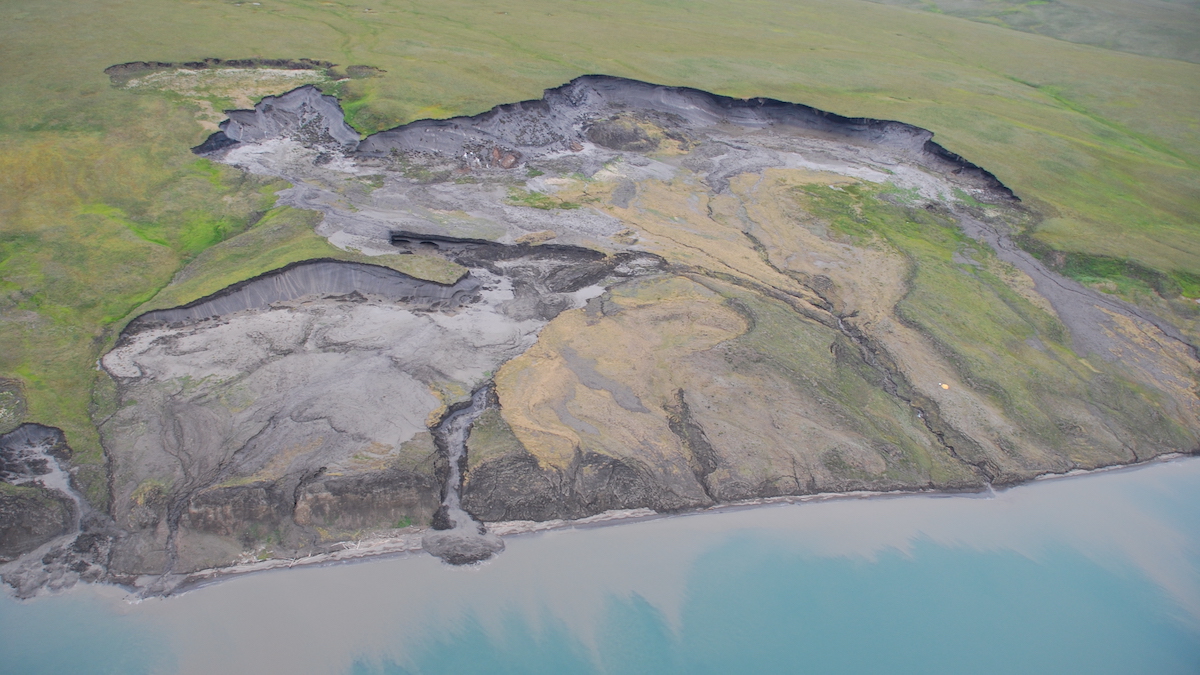Derek Cronmiller of the Yukon Geological Survey has provided a stunning set of the images of the fascinating recent failure that partially blocked the Yukon River. Following my post yesterday about the May 2025 landslide on the Yukon River, Derek Cronmiller, who is head of Surficial Geology at the Yukon Geological Survey kindly made contact […]
Canada
A large landslide on the Yukon River in Canada
In May 2025, a 950 m wide landslide occurred on the banks of the Yukon River in Canada. A few days ago, the Yukon Geological Survey posted some information to its Facebook site regarding a large landslide that has occurred on the banks of the Yukon River close to Burma Road. This was the information […]
Nonproducing Oil Wells May Be Emitting 7 Times More Methane Than We Thought
A study measured methane flow from more than 450 nonproducing wells across Canada, but thousands more remain unevaluated.
The 21 May 2025 quick clay landslide at Sainte Monique in Quebec, Canada
The Landslide Blog is written by Dave Petley, who is widely recognized as a world leader in the study and management of landslides. On 21 May 2025, a family lost their home to a quick clay landslide in Sainte Monique, to the northeast of Montreal in Quebec, Canada. Radio-Canada Info has posted to Youtube some […]
Survey from Trump Administration Asks Researchers Abroad About Involvement in DEI, Environmental Justice, and Climate Projects
Various U.S. federal agencies sent a 36-point survey to researchers abroad who receive U.S. funding, asking questions related to the Trump administration’s priorities. The questions cover topics such as “eradicating anti-Christian bias” and defending against “gender ideology,” and asked researchers to disclose ties to “entities associated with communist, socialist or totalitarian parties.”
NASA Abandons Pledge to Put Women, Astronauts of Color on the Moon
NASA has dropped its commitment to land the first woman, the first person of color, and the first non-American astronaut on the Moon through the Artemis program.
The 17 December 2024 Takhini River landslide and river ice tsunami, Whitehorse, Yukon, Canada
The Landslide Blog is written by Dave Petley, who is widely recognized as a world leader in the study and management of landslides. On 17 December 2024, the 118,000 cubic metre silt and clay Takhini River landslide occurred on a cut bank of the Takhini River, 25 km northwest of Whitehorse, Yukon, Canada. The landslide, […]
Checking in on three earlier fatal landslides
The Landslide Blog is written by Dave Petley, who is widely recognized as a world leader in the study and management of landslides. My regular scans of reports of landslides around the world has highlighted interesting updates on three events of the last year or so. The 14 December 2024 Lions Bay Landslide The Vancouver […]
Snowmelt Sends Caribou Packing
Researchers compared caribou tracking data with satellite observations to learn whether snowpack conditions trigger the animals’ arduous annual migration.
Down in the Slumps: Tracing Erosion Cycles in Arctic Permafrost
Climate change is altering permafrost thaw cycles and leading to unique Arctic erosional problems.










